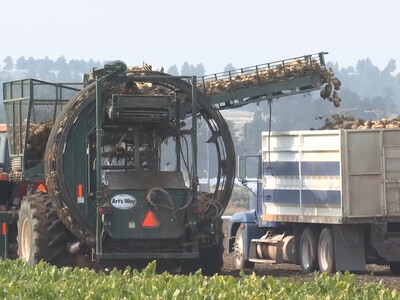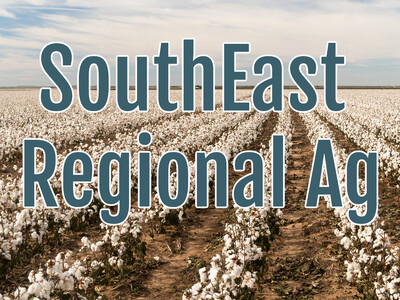Open pit mines
From Public News Service: A new report released today details the potentially disastrous threats mines in British Columbia pose to Washington and other states in the Northwest.Toxic liquid waste from mines, known as tailings, is stored behind dozens of dams in British Columbia. The analysis estimates there are at least 2.5 billion cubic meters of tailings stored in the Canadian province, or enough to fill one million Olympic-sized pools.
Mitch Friedman, executive director of Conservation Northwest, said British Columbia is a good neighbor in many ways. But he pointed out some of the biggest mines in the world are located there, including at the headwaters of rivers flowing into Washington.
"These mines contain their toxic liquid waste behind unstable earthen dams that in some cases are as tall as city skyscrapers, and it's dangerous," Friedman asserted. "It affects us downstream."
The report warns of some worst-case scenarios if one of the dams were breached, including potentially killing more than a hundred people downstream. Dam failure also would damage sensitive salmon habitat. The analysis was conducted by Dr. Steven Emerman, a geophysicist and international expert specializing in groundwater and mining.
The dams likely will become more sensitive as the planet continues to heat up. The changing climate is bringing more frequent flooding rains, which can destabilize tailings facilities. However, the dams present a Catch-22, of sorts. Friedman noted they are necessary to transition the world to alternative energy sources from fossil fuels.
"We need copper and other minerals from these mines in order to save our atmosphere and civilization," Friedman acknowledged. "So we're not anti-mining. We just want British Columbia to regulate its mines to make them safer."
Friedman argued Washington state provides a good example for how the Canadian province could better oversee these mines.
"That would mean full bonding for what it would cost to remediate the damage from any mining disaster, but also environmental assessment," Friedman outlined. "Most or a lot of British Columbia mines and potential mines don't get any substantial environmental review."
Dam failure is not unheard of in British Columbia. In 2014, 24 million cubic meters of tailings at the Mount Polley mine in the central part of the province breached a dam and flooded salmon habitat and the drinking water of nearby communities.















